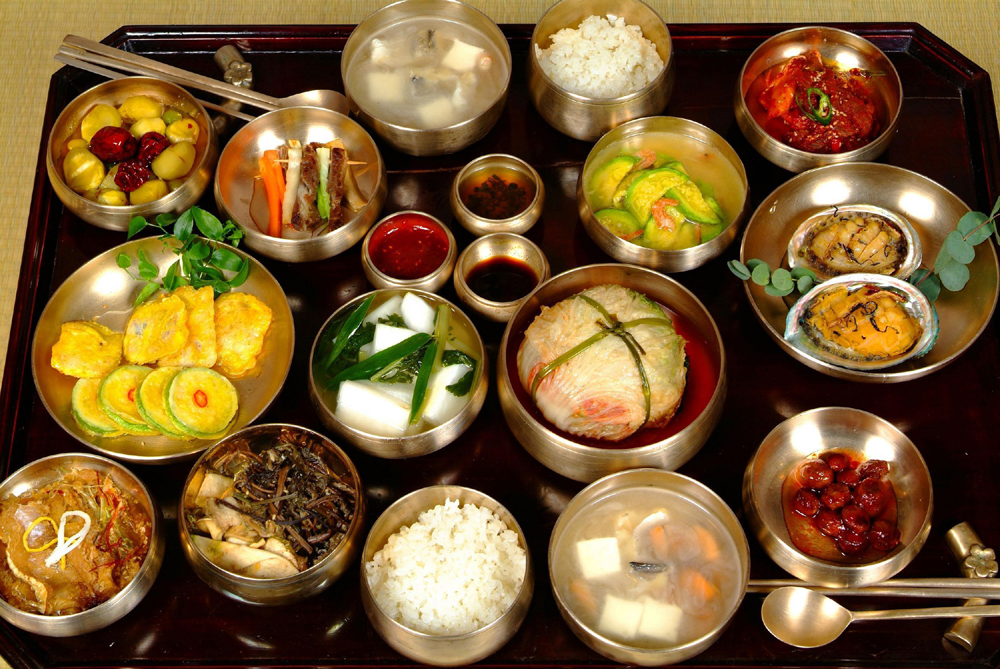The cost of living for expats in South Korea is generally quite low, but this can vary from city to city. The main areas of expenditure are housing and education, while general transport costs remain low. Eating Korean food is a lot cheaper than buying Western food and shopping at markets and smaller shops are more cost-effective than shopping in tourist hotspots or at major department stores.
1. Accommodation: Generally your employer will organize an apartment for you. If you choose to organize your own accommodation, you will be expected to pay ‘key money’, which is in effect a very large deposit. The higher your key money amount the lower your monthly rent will be. For example, if you pay key money in the range of USD 40,000 to 120,000 (KRW 50 to 200 million) you will not be expected to pay monthly rent and the money will be returned to you after a period of two years. Some landlords will allow you to pay less key money and supplement this with monthly rent. Utilities such as water, gas, electricity and cable TV will set you back USD 80 a month, while an uncapped high-speed Internet connection is about USD 25 monthly.
2. Electrical goods: Electrical goods such as televisions, DVD players, digital cameras, cellular telephones, computers, and high tech gadgets are all incredibly cheap in South Korea. Foreign manufactured goods from toiletries (deodorant, toothpaste containing fluoride), English language DVDs and books through to Nikon cameras and Apple products are obviously more expensive than items made locally. Many South Koreans take advantage of the myriad of discounts offered through online purchases, even if the store they are purchasing from is within walking distance.
3. Food: The cost of a Starbucks coffee in Seoul is about USD 5 and a Dunkin Donuts coffee will set you back USD 3. In the fruit and vegetable department, a watermelon will cost about USD 15-20 and a head of broccoli is around USD 1.50/2. A loaf of bread costs about USD 3 and a blueberry muffin is USD 2. Dining out is inexpensive if you stick to Korean food. A huge meal for two with a range of side dishes usually costs USD 25 or less, USD 50 or more for Korea barbeque but if you decide to eat at a Western restaurant each dish will cost between USD 15 and USD 25.
4. Toiletries: A toothbrush will cost you USD 2 and deodorant (which is quite hard to find) can cost up to USD 20. Soap and shampoo costs between USD 1 and USD 10.

